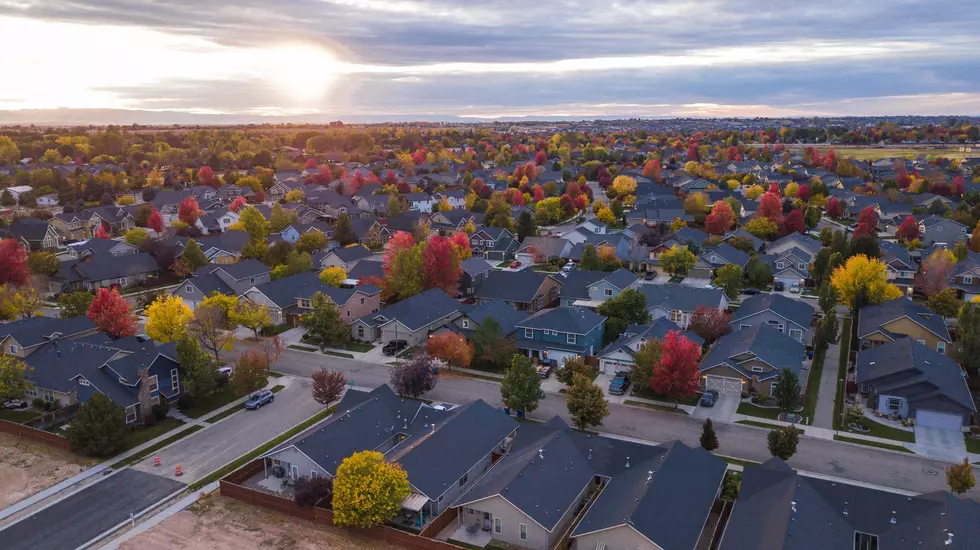
NJ homeowner associations not opening pools for fear of COVID lawsuits
About 1.5 million New Jersey residents live in 7,000 different homeowner associations all across the Garden State.
These HOA’s have different kinds of amenities such as clubhouses, fitness centers, swimming pools and tennis courts. But ever since the pandemic began 14 months ago, most of them have been closed because of fears about COVID related lawsuits. However that could soon change.
The State Senate Community and Urban Affairs committee has approved a measure, S3584, sponsored by state Sen. Linda Greenstein, D-Middlesex, that would give homeowner associations, known as common interest community associations, protection from suits filed by individuals claiming they got COVID while spending time in the clubhouse, gym or the pool.

Greenstein said the bill stipulates if somebody gets COVID “and claimed they got it from the association swimming pool, it would tell them right up front — halt — there is no civil cause of action here.”
She said a clear message would be sent to someone who gets COVID and is thinking about filing a lawsuit, “that you might as well not do it because there is no cause of action at all. It would do away with that in this particular situation.”
George Greatrex, an attorney for New Jersey Chapter of the Community Associations Institute and the chairman of the Association’s legislative action committee, said this bill is sorely needed because the liability policies carried by these community associations contain what is known as a standard virus exclusion.
“They would have no insurance for that,” he said. “So any legal fees would have to be paid for by the residents and any judgment against them would have to be paid out of their own pockets.”
Greenstein said while it might be impossible to prove someone got COVID in a particular location if defense attorneys have to be hired, “the money would not only bankrupt these developments potentially, but people could be sued individually.”
“If they don’t get some sort of protection there, they are going to keep the swimming pools and the tennis courts closed," she said.
While the bill would prohibit any causes of action for damages arising from a COVID-19 exposure or transmission on the premises of a planned real estate development, Greenstein pointed out this immunity would not apply to acts or omissions constituting a crime, actual fraud, actual malice, gross negligence, recklessness or willful misconduct.
The Jersey Shore Businesses We've Lost During COVID
More From 105.7 The Hawk










